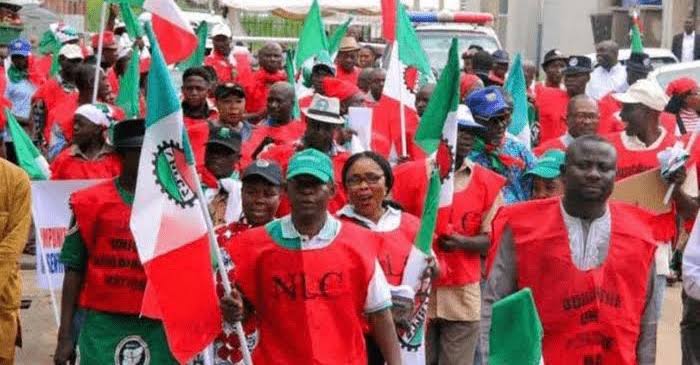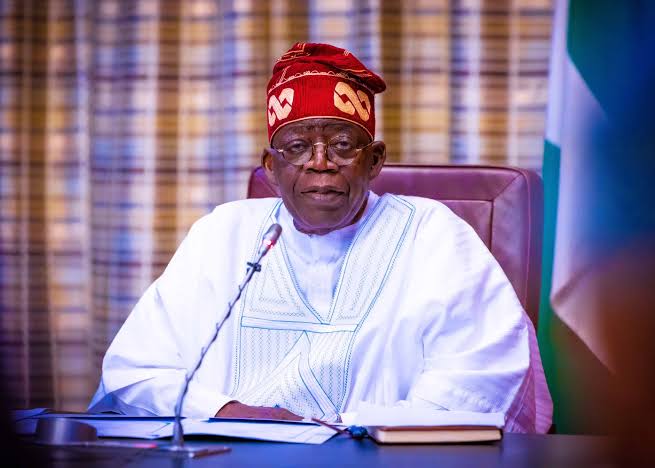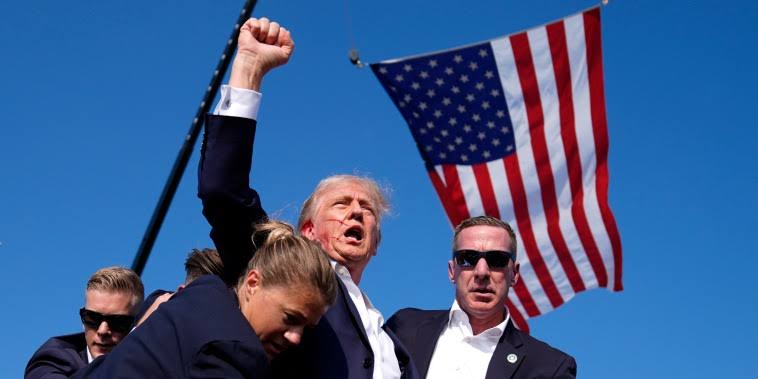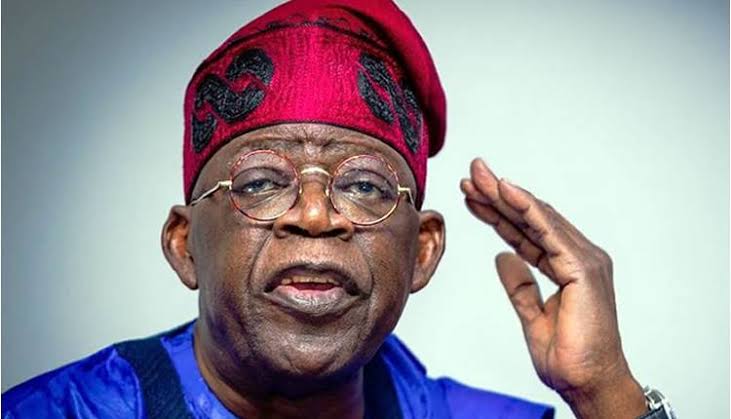One week after the expiration of the 14-day ultimatum it issued to the Federal Government to execute the agreement they reached in October, the NLC announced that the demonstration would commence.
The Nigeria Labour Congress (NLC) has issued a proclamation regarding its intention to organize a two-day nationwide demonstration in opposition to the country’s deteriorating security and economic conditions.
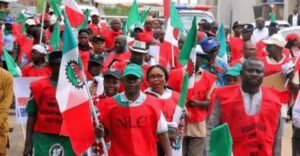
READ MORE BELOW!!!
Dayo Amusa shares letter from her serial lover
“I wrote wizparty for him” Skales reveals he’s the brain behind one of Wizkid’s biggest song
The announcement was made by NLC President Joe Ajaero during a press briefing on Friday, February 16, 2024, following an emergency meeting of the union’s National Executive Council (NEC) at Labour House in Abuja.
The labor leader emphasised that the demonstration will begin one week subsequent to the expiration of the fourteen-day ultimatum that the union issued to the federal government on February 8, 2024.
NLC declares 2-day nationwide protest over hardship, insecurity, Read More Below!!!
Given that the ultimatum is set to expire on February 23, the 27th and 28th of February are the designated dates for the nationwide demonstration.
A two-week ultimatum was issued by the NLC and the Trade Union Congress (TUC) to the Federal Government to enforce the agreements they reached in October to mitigate the impact of the petrol subsidy removal.
Wage awards, a minimum wage increase, access to public utilities, and the provision of CNG vehicles for public transportation were all provisions of the agreements.
However, the Federal Government was accused by organized labor of failing to fulfill these commitments that were intended to mitigate the adverse effects of the reforms.
Ajaero cautioned the Federal Government against neglecting the fourteen-day ultimatum’s deadline.
Labor unions expressed concern over the plight of millions of Nigerian workers in the face of escalating inflation, dwindling purchasing power, and escalating food commodity prices—all of which are consequences of reforms that have caused inflation to soar.
The occurrence transpired subsequent to the withdrawal of the resource-depleting petroleum subsidy by President Bola Tinubu in May of last year, in addition to the liberalization of the foreign exchange market under his administration.
